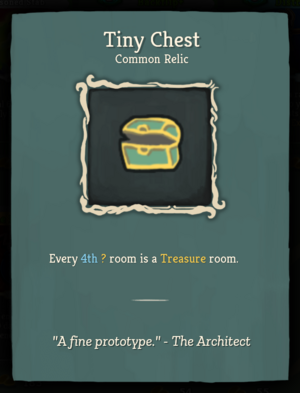User:Thijshijsijsjss/Gossamery/Imaginary Quartets
Quartets is a classic card game in which every player is dealt a number of cards, each unique and belonging to a 'quartet', a category of 4 cards. Every turn, the active player A can ask another player B for a specific card with the only conditions being (1) that A doesn't have the card in question themselves, and (2) A has at least one card from the quartet of the card in question. If B has the card, A takes another turn (and they can ask a player other than B for a card, if they so want to). If A has a quartet with the newly acquired card, A shouts 'Quartet!' really loudly and reveals the newly formed quartet. In this case, it is B's turn. If B does not have the card, it is B's turn. (Sometimes, A will be allowed to draw a card from a blind deck in this case. But this is neither here nor there for this entry)
Imaginary quartets, then, is the classic game of quartets but without actual cards. Every player is dealt 4 imaginary cards at the start of the game, and there are as many quartets as there are players participating. The game plays similarly, with one crucial difference: the cards are not known beforehand. An example:
A game is played with 3 players, A, B and C. A is the starting player. A must ask for a card. They ask B: Say B, would you happen to have the card XPUB in the category PZI programs? With this action, A creates 5 facts: * There is a card XPUB. * There is a category PZI programs. * The card XPUB belongs to the category PZI Programs, and the category PZI Programs contains a card XPUB. * A does not have the card XPUB of the category PZI Programs. * A does have another, yet to be named card in the category PZI Programs. Now, B has a choice between two replies: (1) Sorry, A, I do not have this card. (2) Wow, A, I do have this card, how did you know? In scenario (1), B creates 2 facts: * B does not have the card XPUB. * C has the card XPUB (based on the earlier information created by A's request). Both A and B have 4 cards in hand still. It is B's turn. In scenario (2), B creates another fact: * B did have the card XPUB, but now A does. B is left with 3 cards in hand, A with 5. It is A's turn.
The fun of this game, of course, is in living out your deepest trickster god fantasies, using your powers of creation against other players, sowing confusion and reaping with outwitted deception. Unlike classic quartets, you can decide for yourself if you want to have a card or not. The decision to create a new category can cause massive, hard to foresee ripples in the game. Players can force cards into other players hands (like in the example). Moreover, there is no constraint on the cards and categories created. For example: in the same game as above, there can be cards mango and XBUP part of the category PZI Programs. Moreover, there can be a category XPUB in the same game! This quick and often deliberate confusion, combined with the rapid creation of many pieces of information that should all be contained in one's mortal mind, makes imaginary quartets a game for which I can seldom find players...
But! In my experience, this creational ability works as a powerful mechanic. Not just as a tool to outsmart others in an overly complex game, but also as a method of suggestion. Creating with one statement not just the contents of the statement, but a whole ripple effect of potential to explore. It is a tool that is applied (and exploited) often in games, film and literature alike. For example, the relic 'Tiny Chest' from the roguelike deckbuilder Slay the Spire mentions 'The Architect'. I can confidentally say no 'The Architect' appears in the game. Still, the suggestion that there is such a character is enticing, the mere suggestion creates lore more mysterious and deep than would ever be possible with explicit exposition.
It's even more present, perhaps, in roleplaying games. Improvisation as a whole is built upon the back and forth of imaginary creation, wherein tension and humor and narrative are created precisely by the friction and assymmetry this creation brings in a group of people. In this sense, it's also an exercise of surprise, of empathy, and of trust.
(There's more to say here, but for now, I'll just leave it at the suggested potential of the hinted but unwritted ripples)

